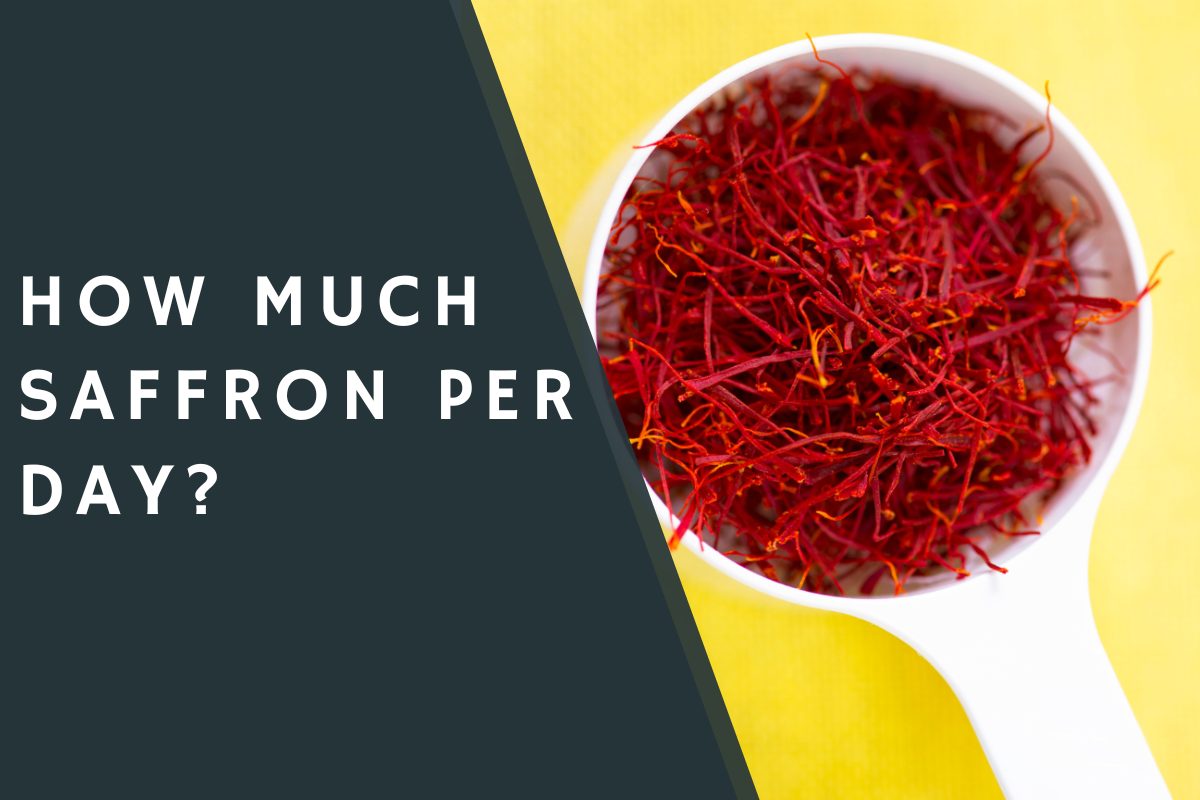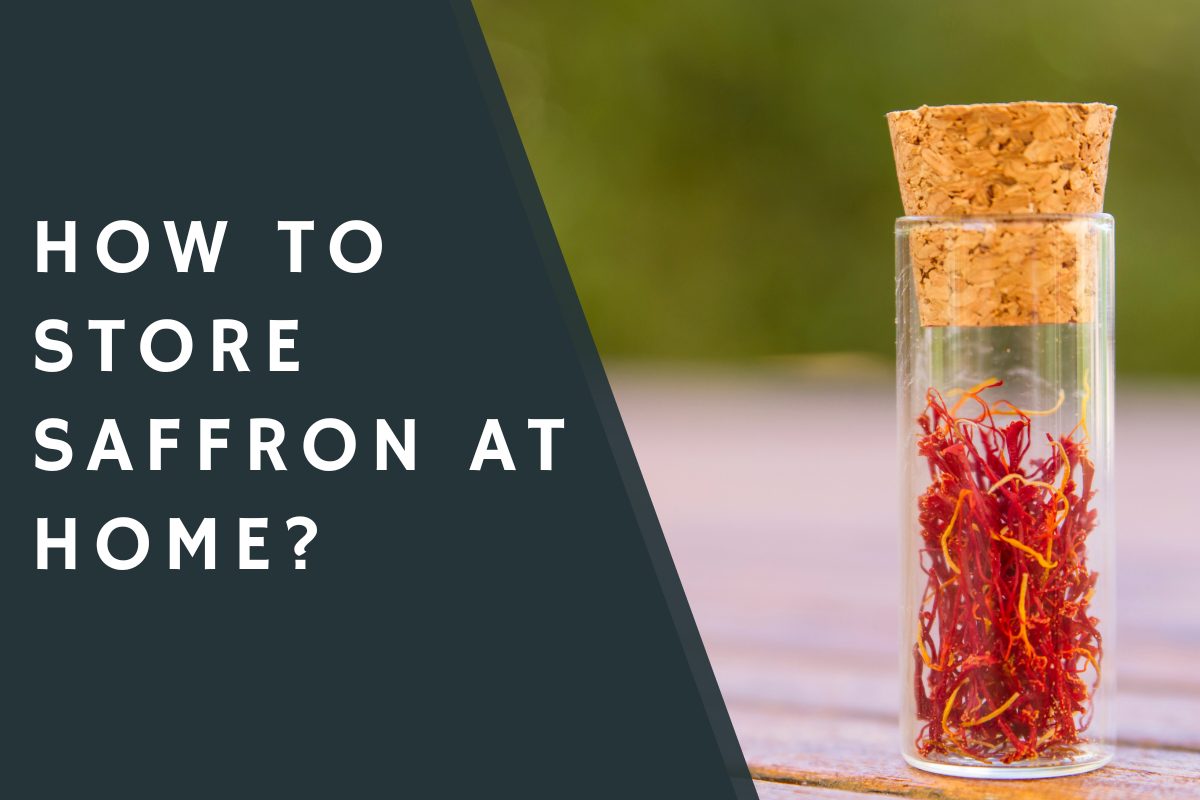Powdering saffron is a process that involves grinding the dried stigmas of the saffron flower into a fine powder. This can be done by hand using a mortar and pestle, or with the help of a spice grinder or food processor.
How to Powder Saffron?
To powder saffron, start by removing the stigmas from the saffron threads. Place the stigmas in a mortar and pestle, or alternatively, grind them with a spoon on a cutting board. Once the stigmas have been crushed into a fine powder, transfer the powder to an airtight container for storage.
In this article, we will explore the steps involved in powdering saffron and discuss some tips and considerations for achieving the best results.

See Also: How to Crush Saffron Threads?
How to Powder Saffron? – Methods
Powdering saffron is easy and simple. Here is a complete method to powder saffron:
Step 1: Choosing the Right Saffron
Before you start the powdering process, it is important to choose the right type of saffron. Look for high-quality saffron that is bright red in color and has a strong aroma.
Avoid saffron that is yellow or brown, as this may indicate that it is old or has been poorly stored.
It is also a good idea to choose saffron that has been grown and harvested using sustainable practices.
Step 2: Preparing the Saffron
Before you begin powdering the saffron, you will need to prepare it by removing the stigmas from the rest of the flower.
This can be done by gently pulling the stigmas away from the flower using your fingers or tweezers.
Be careful not to break the stigmas, as this can affect the quality of the saffron. Once you have removed the stigmas, you can discard the rest of the flower.
Step 3: Powdering the Saffron
There are several methods you can use to powder the saffron, depending on the tools and equipment you have available.
Method 1: Using a Mortar and Pestle
If you don’t have a spice grinder or food processor, you can use a mortar and pestle to grind the saffron into a fine powder.
Simply place the saffron stigmas in the mortar and use the pestle to grind them into a powder. This can be a time-consuming process, and it may take a while to achieve the desired level of fineness.
Method 2: Using a Spice Grinder
A spice grinder is a convenient tool for powdering saffron, as it can grind the stigmas into a fine powder in just a few seconds.
To use a spice grinder, simply place the saffron stigmas in the grinder and pulse it a few times until the desired level of fineness is achieved.
Method 3: Using a Food Processor
If you have a food processor, you can use it to powder the saffron. Simply place the saffron stigmas in the food processor and pulse it a few times until the desired level of fineness is achieved.
Be careful not to over-process the saffron, as this can cause it to lose some of its flavor and aroma.
Step 4: Storing the Powdered Saffron
Once you have ground the saffron into a fine powder, it is important to store it properly to preserve its flavor and aroma.
Saffron should be stored in an airtight container in a cool, dark place, away from direct sunlight.
It is also a good idea to store the saffron in the freezer, as this can help to prolong its shelf life.
Step 5: Using Powdered Saffron in Cooking
Powdered saffron is a versatile ingredient that can be used in a variety of dishes, including rice dishes, soups, stews, and desserts.
When using powdered saffron in cooking, it is important to remember that a little goes a long way.
Saffron has a strong flavor and aroma, and just a pinch of it can go a long way in adding depth and complexity to your dishes.
Conclusion
In conclusion, powdering saffron is a simple process that can be done by hand or with the help of a spice grinder or food processor.
By following these steps and considering the tips and considerations discussed in this article, you can create a fine, fragrant, and flavorful saffron powder that will add depth and complexity to your dishes. So, this is how you can powder saffron at home.
Read Also: How to Make Saffron Water?
I am an accomplished tech writer with a passion for simplifying complex technology concepts. With a background in Tech, James has dedicated their career to making the intricacies of the digital world accessible to a broad audience.








